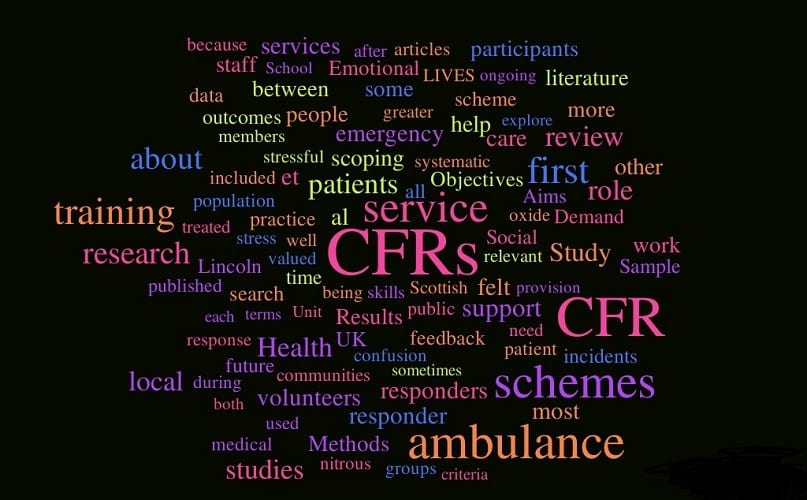CaHRU newsletter (Summer 2017)

The latest edition of the CaHRU Newsletter (Summer 2017) was published in September 2017. The newsletter presents the work of the research centre over the previous three months and includes articles from the CaHRU blog covering publications, conferences and funding. Continue reading CaHRU newsletter (Summer 2017)




